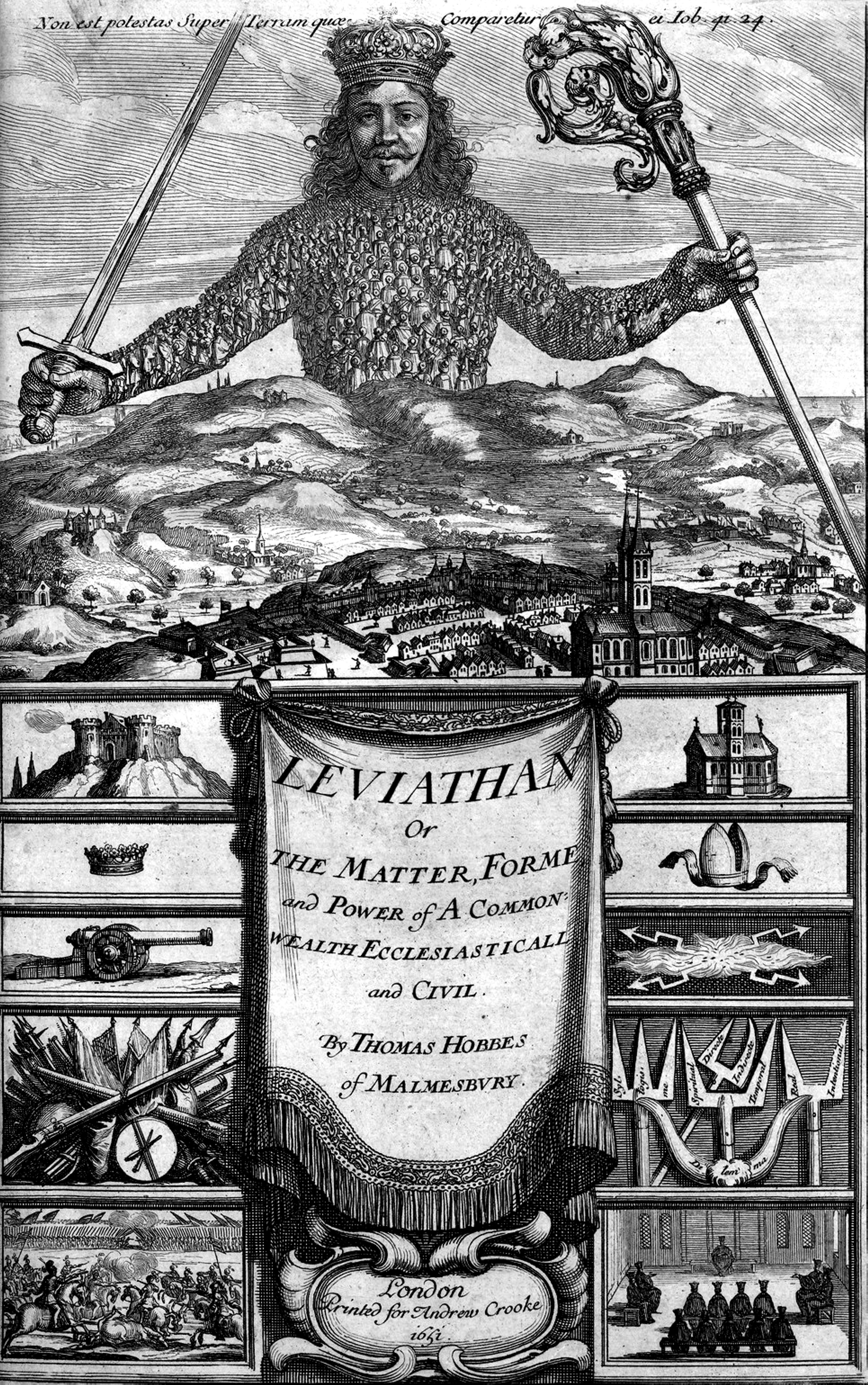The political thinker Thomas Hobbes is not a proponent of free speech or freedom of the press. In his greatest work, the Leviathan from 1651, he presents a number of arguments against press freedom. According to Hobbes, the sovereign should have absolute powers to censor dangerous opinions to ensure peace and prevent civil wars.
“… it is annexed to the sovereignty to be judge of what opinions and doctrines are averse, and what conducing to peace; and consequently, on what occasions, how far, and what men are to be trusted withal in speaking to multitudes of people; and who shall examine the doctrines of all books before they be published. For the actions of men proceed from their opinions, and in the well governing of opinions consisteth the well governing of men’s actions in order to their peace and concord. And though in matter of doctrine nothing to be regarded but the truth, yet this is not repugnant to regulating of the same by peace. For doctrine repugnant to peace can no more be true, than peace and concord can be against the law of nature. It is true that in a Commonwealth, where by the negligence or unskillfulness of governors and teachers false doctrines are by time generally received, the contrary truths may be generally offensive: yet the most sudden and rough bustling in of a new truth that can be does never break the peace, but only sometimes awake the war. For those men that are so remissly governed that they dare take up arms to defend or introduce an opinion are still in war; and their condition, not peace, but only a cessation of arms for fear of one another; and they live, as it were, in the precincts of battle continually. It belonged therefore to him that hath the sovereign power to be judge, or constitute all judges of opinions and doctrines, as a thing necessary to peace; thereby to prevent discord and civil war.”
– Thomas Hobbes, Leviathan (1651) p. 164
